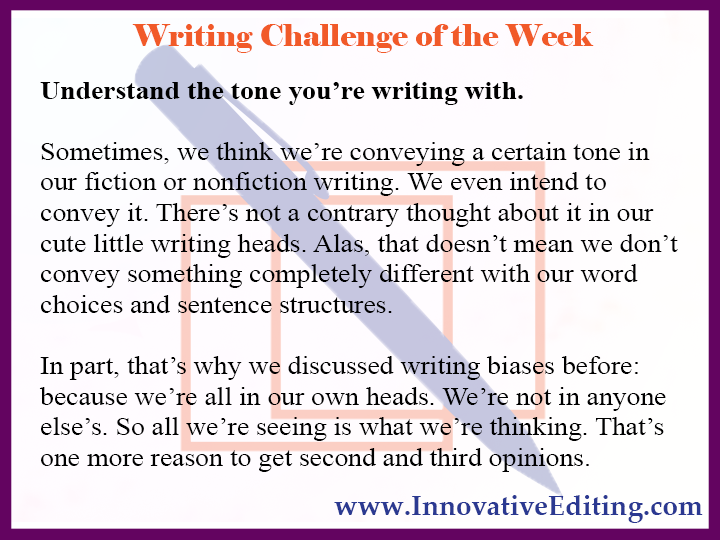A Reader Reacts to a “Writer’s Responsibility”
- Jeannette DiLouie
- Jun 7, 2017
- 3 min read

On May 31, I asked the question of “What’s a Fiction Writer’s Responsibility in Dealing With Real-Life Pain?” As usual, I posted that blog topic not only on my website, but also around my various social media sites.
A good friend of mine, who happens to be a writer and published author, happened to see the blog post on Facebook. And she responded with this:
I don’t want to be in some of the situations writers create. I read to escape more than to vicariously experience – unless it’s the "good" stuff.
That comment got me thinking about my own writing and reading experiences, starting with a really well-written young adult historical fiction novel that followed two young British women in Nazi-occupied France.
It was riveting and even surprisingly fun – right up until the one main character had to shoot the other main character dead. Oh yeah, and they were best friends, just for the record.
Honestly, after reading that, I felt nauseous for hours afterword and wished I’d never started the book.
Worse still was the regular historical fiction novel (maybe I should just stop reading that general genre), where a beloved character’s equally beloved wife disowned him completely, then ran off to die some horrible death.
Forget feeling nauseous. That would have been a welcome reaction comparatively speaking. I sobbed over that section. Like gut-wrenching sobs, with tears streaming down my face for what felt like forever.
Considering how this was the fourth book in the series, I was really attached to those well-written, vivid and engaging characters. So, as cliché as this is going to sound, in that moment, it felt like I had just lost a loved one.
Oh, that pain didn’t last anywhere as long as if an actual family member had passed away. I’m in no way trying to downplay that kind of real-world trauma. But I did have a very real, very visceral and very unwelcome reaction to reading about this character’s death.
Frankly, I didn’t like it. In fact, I was pretty furious with the author, who happens to be one of my absolute favorites. Her decision to do what she did felt like a betrayal of the highest order.
Because when I buy a book as a reader, I want to be engaged and entertained, not devastated.
Now, as a writer, I understand the desire to make worlds and settings and characters and plots realistic. I’ve struggled more than once on whether to kill off a character, not because I thought it’d be fun to twist my readers’ emotions, but because I didn’t want to come across as cheesy or Pollyanna-ish.
Plus, I tell my writing students and coaching clients all the time that fiction needs to resemble non-fiction. It needs to come across as believable if it’s going to be worthwhile; and pain, suffering and misery are all very, very believable.
This world is full of hurts and heartaches, whether physical or psychological or spiritual or emotional or mental. There’s nothing perfect about it, even if you’re blessed to have an amazing family and upbringing like I do.
But like my authorial friend said after reading that blog post last week, don’t we read to escape all that misery?
I don’t know if I have a great answer to my own question here. I’m not even sure if there’s a one-size-fits-all kind of solution, particularly when you have so many different genres and authorial purposes to consider.
So maybe I should just make this personal instead. Perhaps I should just put it this way…
I’m fine with drama and intense possibilities and leaning into the physical pages as if that can speed up the moment where I know everything’s going to be okay.
But that’s the bottom line: I want everything to be okay.
I don’t know if, like that fellow writer-reader friend of mine who I mentioned above, I read to escape. But I definitely don’t read to feel miserable.
That’s simply something to keep in mind if you’re a writer who’s wondering whether to make your readers sob hysterically or not.
This reader’s response, for what it’s worth, is going to be a resounding no.




